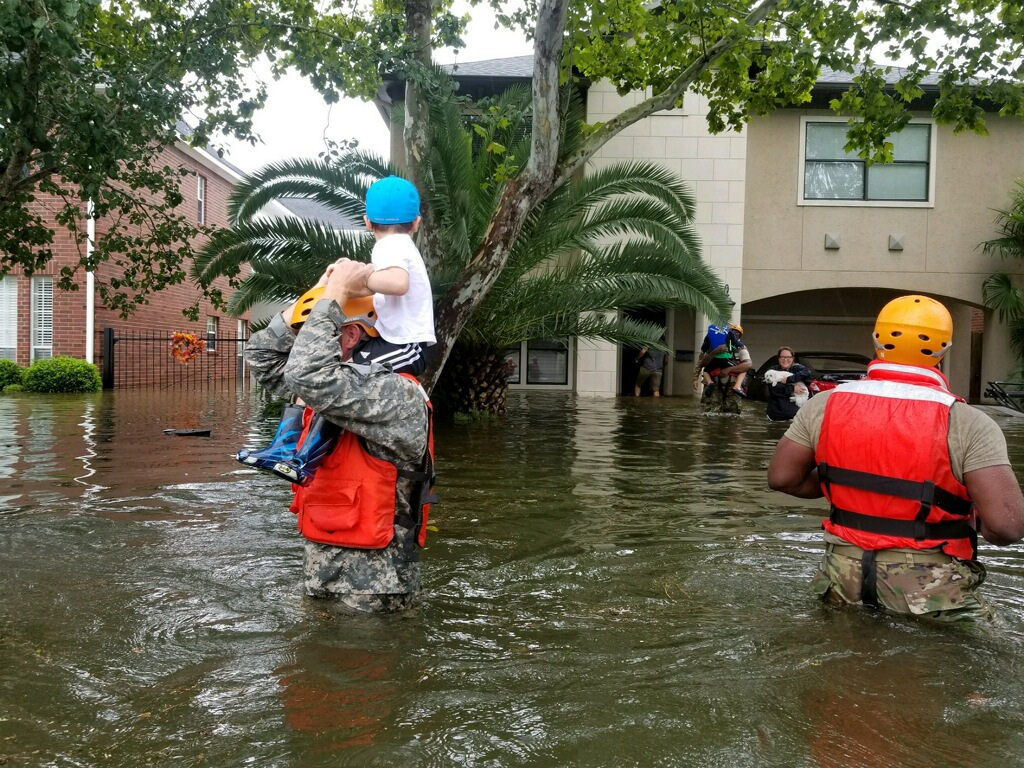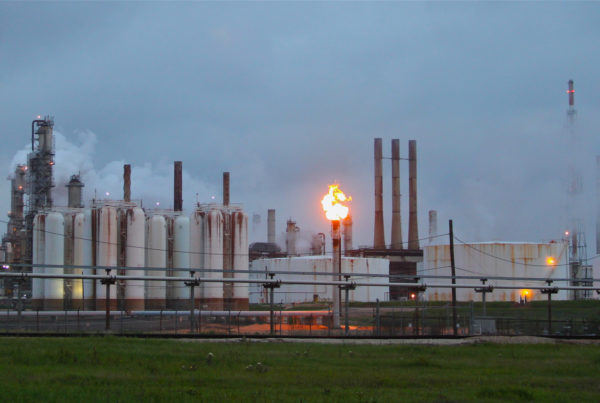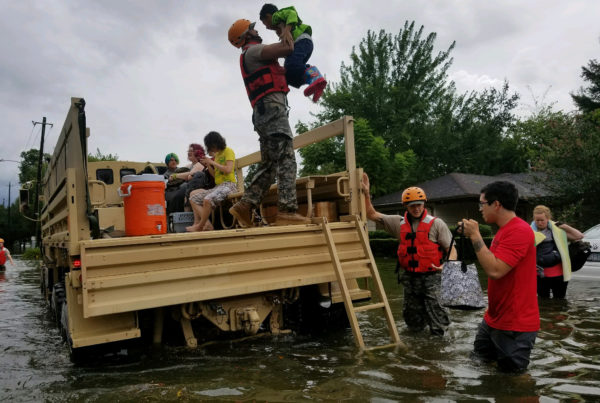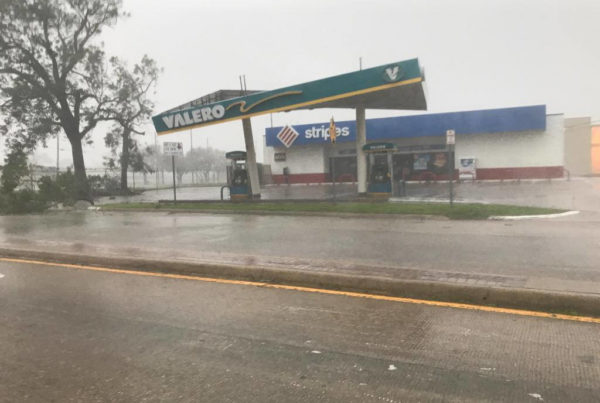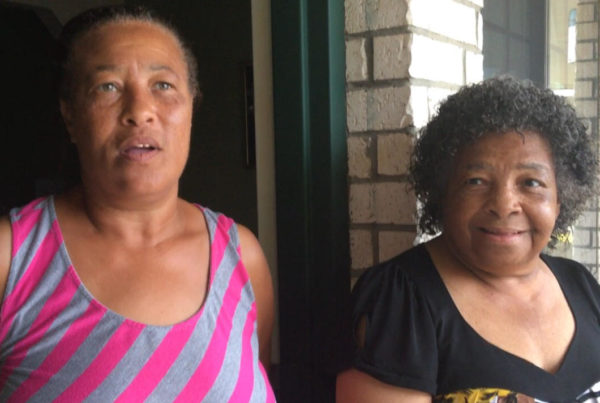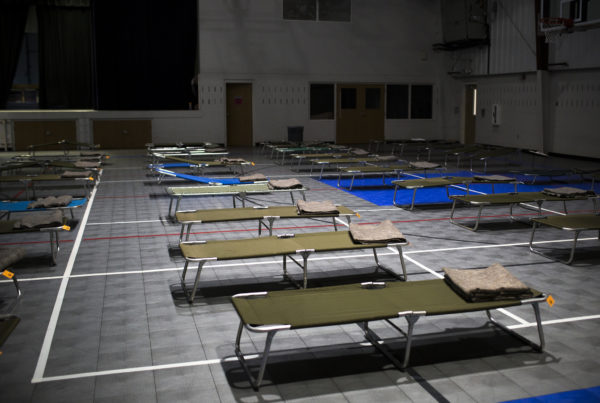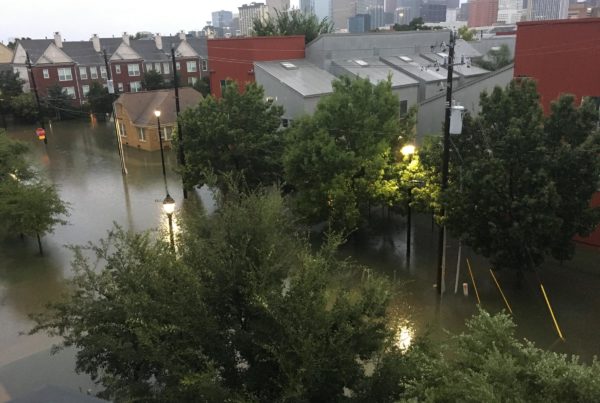50: The number of inches of rainfall the National Weather Service says parts of Texas could experience — the most in recorded history in the state.
11 trillion: The number of gallons of water displaced from the Gulf of Mexico and dumped onto southeast Texas.
450,000: The number of victims Federal Emergency Management Agency projects will file for assistance.
30,000: The number of Texans seeking refuge in shelters.
1 in 4: The number of Texans affected by this historic weather event.
6: The number of fatalities so far attributed to this storm.
In Houston, the third-largest city in the United States, one of the most effective modes of transport has been the makeshift flotilla. There are neighborhoods where women and children were being loaded onto anything and everything that could float, as bayous crept over their banks.
Many Houstonians thought they could ride out the storm, only to find themselves surrounded by rising water. Houston Mayor Sylvester Turner is defending the city’s decision not to urge evacuations, saying in a press conference, “You literally cannot put 6.5 million people on the road.”
Harris County Judge Ed Emmett has been leading emergency response efforts in Houston and Harris County, and says it’s harder to predict the impact of rainfall from a hurricane, which is why he didn’t order an evacuation.
“You don’t know where the rain’s going to fall, you don’t know which neighborhoods are going to flood, and unless you’re willing to ask for the evacuation of 4 million people from all of Harris County, you can’t get people out of harm’s way,” Emmett says.
He says officials normally only order evacuations for people living near rivers or streams, where flooding is more predictable.
To make matters worse, the Army Corps of Engineers has to open reservoirs west of the city to prevent catastrophic damage to those structures, which means more water will flow into Houston, Emmett says.
“More neighborhoods are likely to be flooded, and we are alerting those people and suggesting that they find high ground and safer places,” he says.
Written by Caroline Covington.


